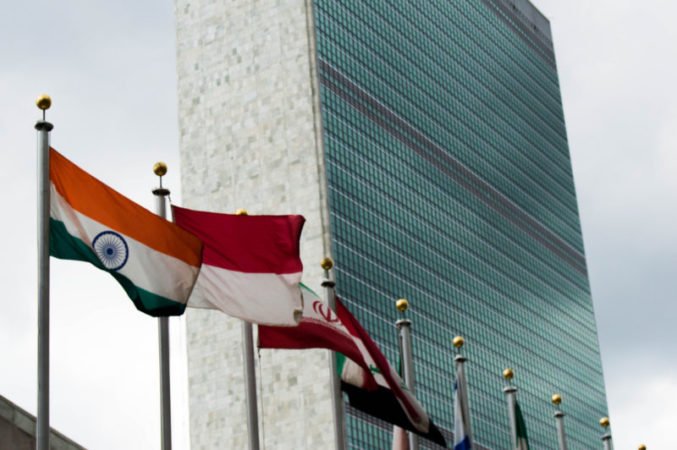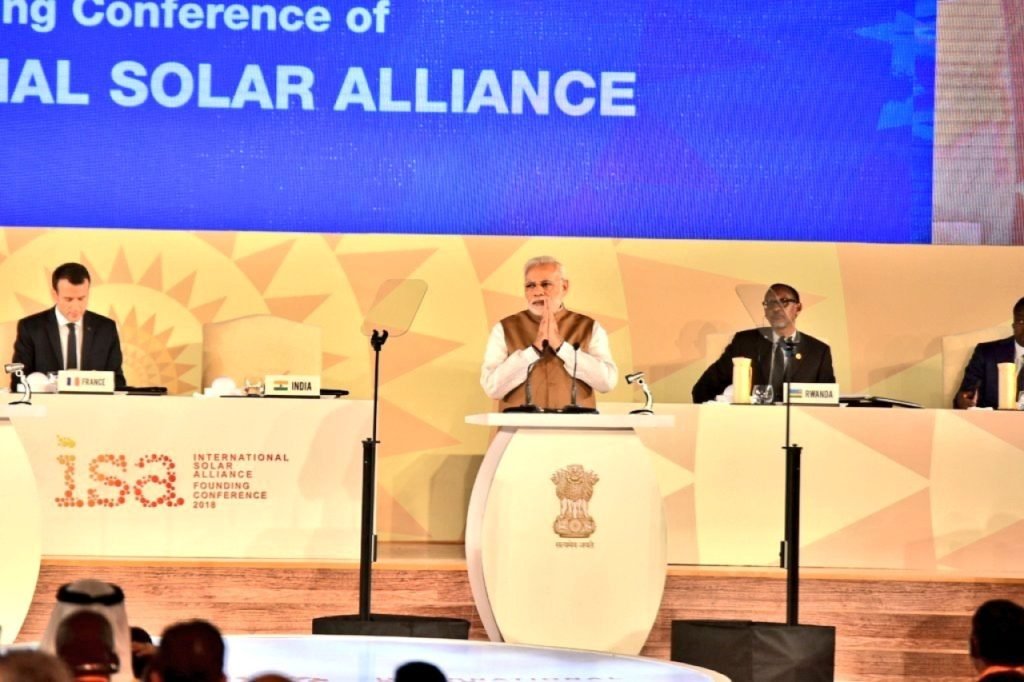India urged the States to follow the pre-2020 pace: Reiterates for an inclusive and robust partnership

The UN Security Council concluded an open VTC debate on 23 February 2021 on ‘Maintenance of International Peace and security: Addressing climate-related risk to International Peace and security’. The 15 member gathering under the presidency of the UK reiterated for peace, security and stability in the world and showed new zeal to achieve a carbon-free world by 2050. India mentioned that member states need to broaden their horizon and must consider the issue of climate change as a threat to social stability and national sovereignty. The Indian Minister of Environment, Forest and Climate change Mr Prakash Javadekar vociferously called out the states to adamantly achieve the pre-2020 pace and stick to the 2050 goal of mitigating climate change.
“The idea of climate action should not be to move the climate ambition goal post to 2050. Countries need to fulfil their pre-2020 commitments. Climate Action needs to go hand-in-hand with the framework for financial, technical and capacity-building support to countries that need it,” he said. India cautioned the world on Climate change as a “wake-up call” which has marred human life across the globe. The current scenario also presents scope to improve multilateralism and seek equitable and inclusive solutions to a greener, cleaner, and sustainable world.
Climate change bears a grave malady of gender dimensions. Women experience the interplay between climate change and peace and security and indirect and profound ways. “Since women are often the providers of food, water and energy for their families they are likely to face increased challenges in accessing resources due to climate change.” the MEA statement added. India prompted the states to utilise the distinct knowledge and experience of women and support their meaningful participation in national-level climate change policy and planning process.
India registered its optimism for being the only country among G20 to meet its climate change mitigation commitments. It reiterated the optimum pace of achieving the Paris agreement target and even “exceeding” it. India currently holds the first-mover advantage in tapping solar energy. It has the fastest-growing solar energy program in the world. “We have expanded access to clean cooking fuel to over 80 million households. This is among the largest clean energy drives globally. Our recent commitments of installing 450 GW of Renewable energy, elimination of single-use plastic, 100% railway electrification, and creation of an additional carbon sink by restoring 26 million hectares of degraded land among other measures have only added to our climate ambitions,” Mr Javadekar mentioned.

India underscored the need for global collective partnership to make a lasting and sustainable impact. The International Solar Alliance and Coalition for Disaster Resilience Infrastructure are two such initiatives by India that have been launched to address climate change and adaptation. It propounded that integration of climate change and peacebuilding would be possible by forging a robust governance structure at local regional and national level which will address Climate and fragility related risk. He added, “This not only improves public perception of government legitimacy but also shores up the capacity of states to address climate risks before they become fragile.”
India urged the donor countries to provide greater financial, technological, and capacity building to help fragile states to put in place necessary adaptation and mitigation strategies to combat the impact of climate change. Quoting Mahatma Gandhi, the Indian minister of forest and climate change vivified his vision of frugal needs and abstaining from giant greed. Hence this will lead to a carbon-free and friendly lifestyle by adopting low carbon development pathways. The current scenario also presents scope to improve multilateralism and seek equitable and inclusive solutions to a greener, cleaner, and sustainable world for the upcoming generations.


















